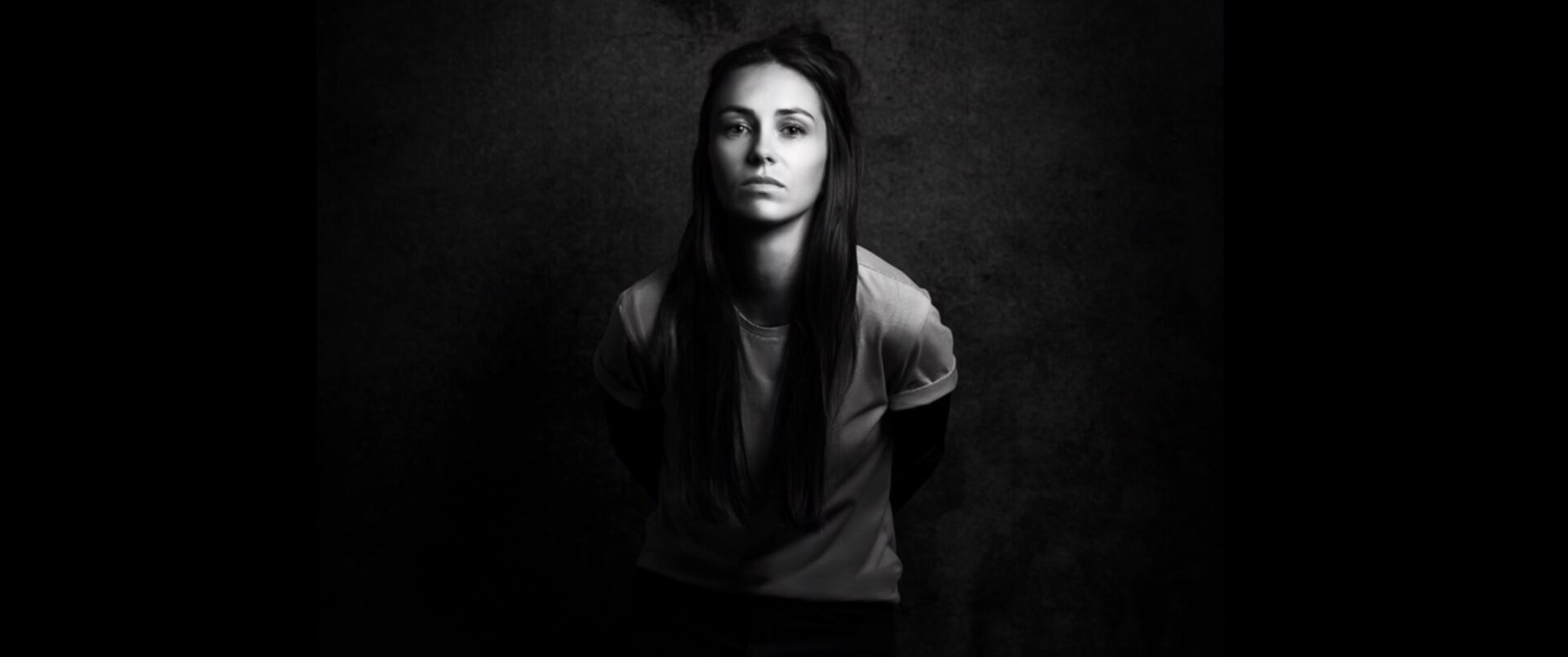Based on the 2007 novel of the same name by André Aciman, Luca Guadagnino‘s Call Me By Your Name is the LGBT film cinema rarely gets and sorely needed. Set “somewhere in Northern Italy” in the summer of 1983, amongst alfresco dinners and the beating sun, we find seventeen-year-old Elio (Timothée Chalamet) and his family as they welcome grad student Oliver (Armie Hammer) for six weeks to work with his archeology professor father as his assistant.
The six weeks that follow fundamentally change Elio forever.
At first, Elio pokes at Oliver, finding little in common with him, making fun of his American farewell of “Later,” weary that he might just become another houseguest he has to endure for the summer. Oliver, on the other hand, finds Elio to be almost otherworldly, someone in tune with art, music, and literature in a way he hasn’t seen before. Elio notes though, “If only you knew how little I know about the things that matter.” “What things?” Olivier asks. “You know what things,” Elio replies. This is one of the film’s most pivotal points, providing a back and forth we can all relate to: heavy words on the tip of your tongue. Words that could change everything. You can almost hear Elio’s heart pounding in his ears.
The two proceed to fall into a romance that neither is truly prepared for, but one of the best aspects from the film isn’t that the romance happens, but how easy and organic it unfolds. It isn’t forced, nor does it feel awkward. The electricity between the pair is undeniable from the get go. It ends up being one of the most authentic portrayals of budding romance seen on film in a long time.
Armie Hammer is at his best as Oliver, but it’s Timothée Chalamet who gives a career defining performance as Elio. It’s a performance that radiates and grows throughout every scene he’s in. He’s organic and truly grows his character into more than just a boy by the end of the film. He exquisitely portrays someone dealing with unfamiliar feelings and someone realizing things about himself for the first time, not being scared of it, but instead fascinated by it and eager to dig deeper. Comparing Elio at the beginning and Elio at the end is comparing apples and oranges.
While some might find it hard to connect to the idyllic Italian countryside locale or the unabashed and unwavering support of Elio’s parents, there are other moments that get the romantic angle so right in ways cinema rarely does. The film is at its strongest and most moving in the small moments, the moments without dialogue; Elio nudging his head against Oliver’s chest; the shared glances from across the dinner or breakfast table; Elio squaring up to Oliver at the river; their shared playful fisticuffs. It’s moments like these that say so much more than dialogue ever could, because it’s when any and all facades crumble away and you truly see these people for who they are. They’re two people trying to feel something real, even if just for a moment.
Another strong point to the film is its depiction of the loss of a relationship. The feeling when the person is just… gone, and now you’re somehow supposed to just go on like they didn’t just rearrange every fiber of your existence in a way that you’ll never be able to put back together again the same way. It’s that feeling of walking back into a room where so much happened and now it’s quiet and empty. What do you do with yourself now? Nothing seems to have the same importance that it used to. Or when you’ve finally found a way to go on with your daily life, the memories becoming easier and easier to push away only to have that person pop back up in your life if only to show you just how bad you’re actually doing.
The speech Elio’s dad (Michael Stuhlbarg) gives him at the end of the film is another idyllic moment and anchor to the films overall message, but is grounded in so much truth, which is maybe why it feels so idyllic, because people are rarely this truthful. The affirmation he gives Elio that he isn’t crazy and what he just went through was real to him and meant something and always will is a cinematic moment we don’t get often. Simply, someone made you happy in a way no one else ever had before, and it was real in whatever way it was able to be real, so hold on to that. Cherish it. Granted, these moments are only a small twenty minute fraction of the two hour film, but also one of the moments when it’s most electric.
Credit also needs to be given to Sufjan Stevens, who’s musical contributions “Mystery of Love” and “Visions of Gideon” perfectly underscore the boiling romance and fallout. “Mystery of Love” is full of hope and curiosity, whereas “Visions of Gideon” is somber and detached.
There are levels to this film that I’m still figuring out and could be discussed at length for years to come, but even at its surface Call Me By Your Name is a jewel in the growing ranks of superb LGBT cinema, giving some long needed humanity to gay romance and perfectly encapsulating how much first love changes us. It’s a film that I found had a much more emotional impact in the days after I watched it. The performances hit harder, and the meaning became deeper. It was something I had to sit with it for a minute. But maybe that’s the films greatest lesson of all: to take a moment to allow ourselves to actually feel something real.













